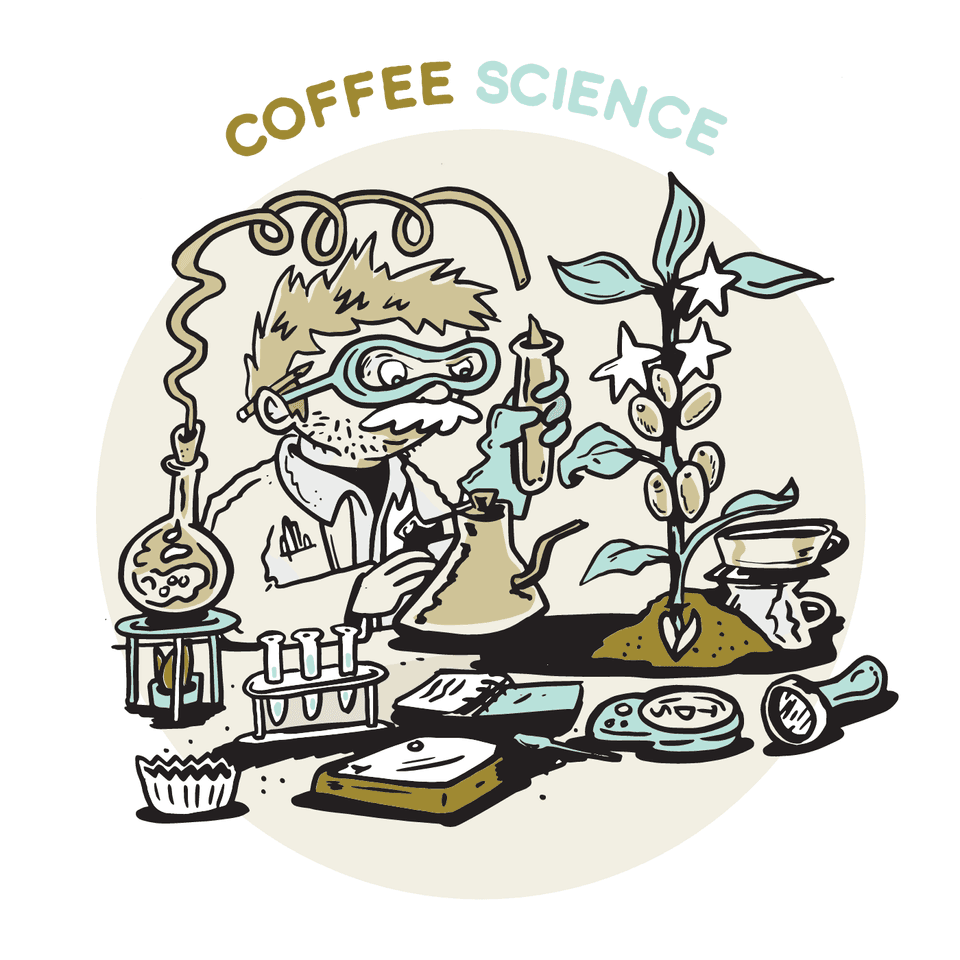The latest news and knowledge from World Coffee Research
News
Media Inquiries
Hanna Neuschwander
hanna@worldcoffeeresearch.org
503-560-7828
Clean Slate
Smallholder coffee farmers face many challenges, from the unpredictability wrought by the climate crisis to aging trees. A critical but less visible challenge is coffee’s lack of an organized seed sector—farmers have few guarantees that their seeds are genetically pure or healthy. In 2019, WCR joined the Maximizing Opportunities in Coffee and Cacao in the Americas (MOCCA) project, funded by USDA and led by Technoserve, enabling us to expand our seed sector work in Guatemala, El Salvador, Honduras, Nicaragua, and Peru.
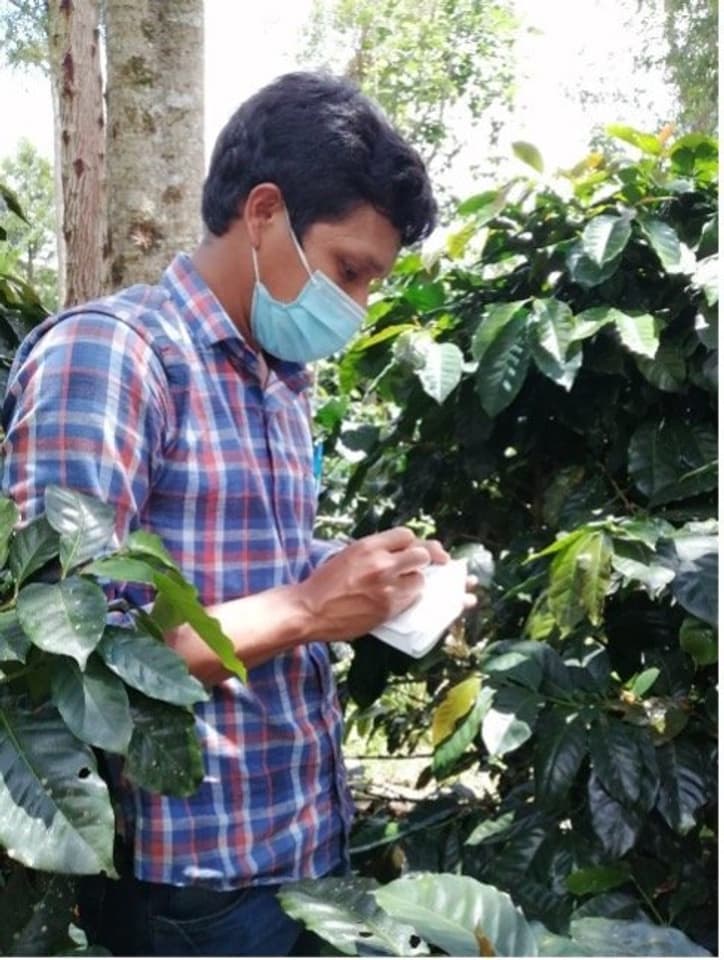
WCR’s Five-Year Research Strategy Prioritizes Origin Diversity and Innovation
This article from STiR tea and coffee magazine, explains WCR’s new five-year strategy and why WCR decided to focus on origin diversity to face the climate crisis. It talks about how WCR wants to align collaborative agricultural R&D efforts to support origin diversity and help benefit farmers and the value chain.
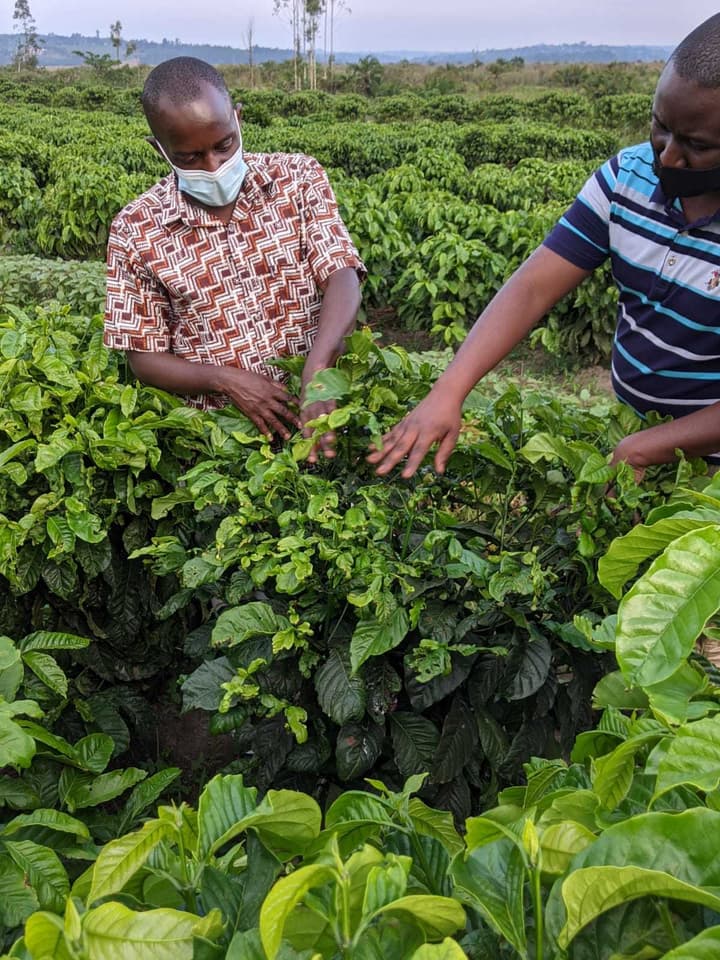
WCR unveils strategy for the next five years
WCR has unveiled its new strategy for the next five years, which prioritizes supporting origin diversity in the face of the climate crisis through the acceleration of innovations in coffee agriculture.
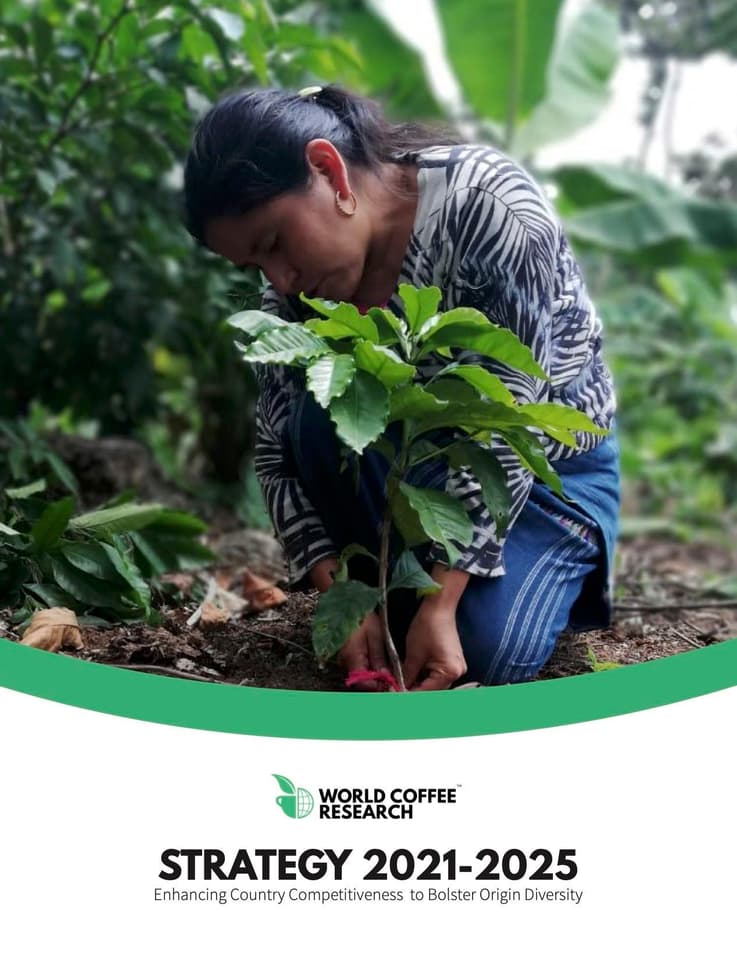
Researching variety performance in Australia
Coffee has been grown in Australia since the 1800s, though never in a commercial capacity. But the country is capable of producing specialty coffee, and is now participating in research trials with WCR.
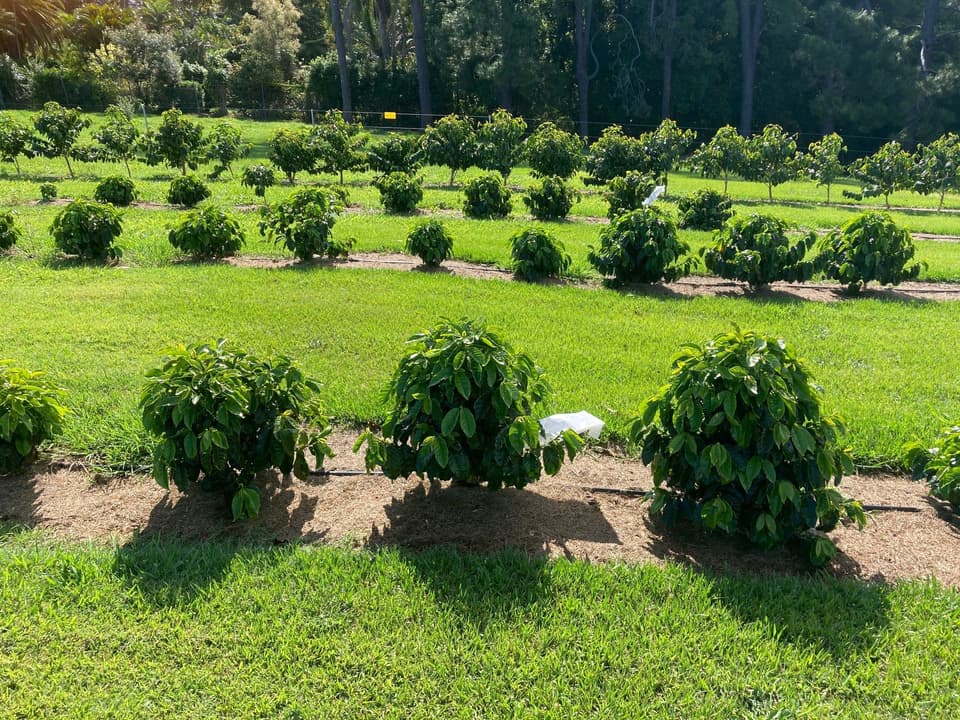
The Coffee Podcast: Agricultural Research & Development
Focusing on the topic of agricultural R&D with Vern Long on The Coffee Podcast
